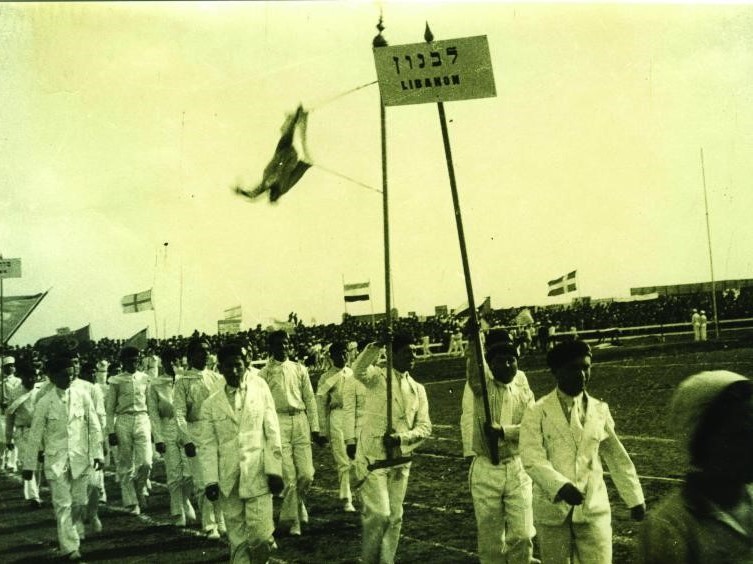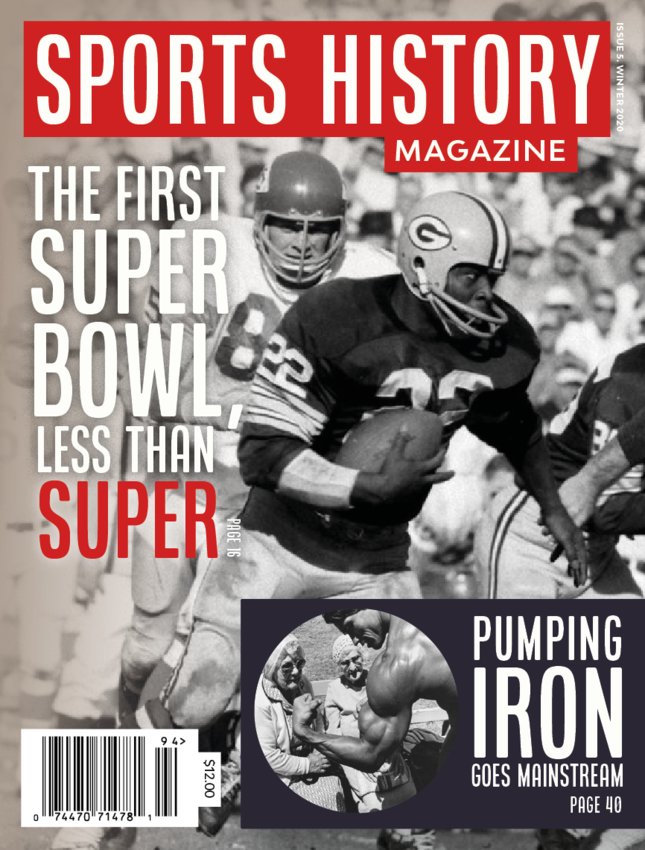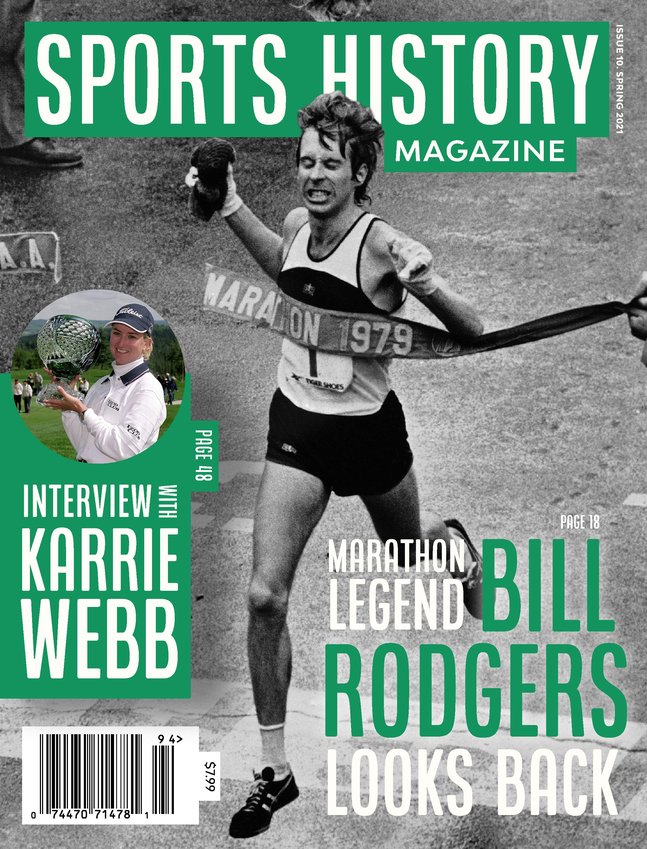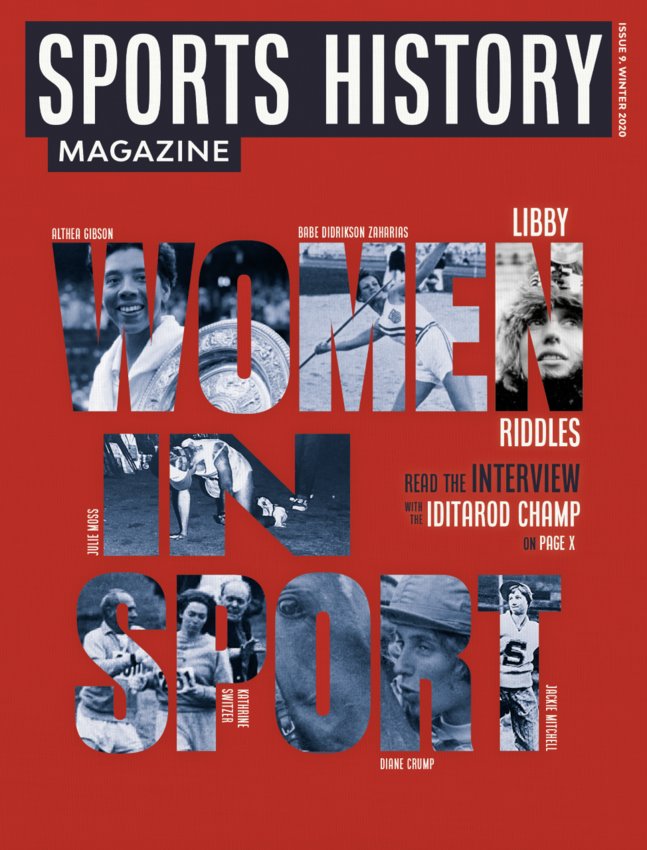Maccabiah Games- The Unknown Olympics
10,000 athletes from 80 countries are set to converge in Israel and take part in the 20th quadrennial Maccabiah Games, one of the world’s largest sporting events.
Smaller than the state of New Jersey, the tiny Jewish nation has been hosting the athletic extravaganza since 1932 when the country was still under British Palestine mandate.
Named after Judah Maccabee who led a revolt against the Greeks in the 2nd century BC, the assembly of Jews from all corners of the world is as much about the spirit of kinship and identity as it is a competitive athletic tournament.
The Maccabiah gathering is second to the Olympics in terms of participating athletes and is itself sanctioned by the International Olympics Committee.
Patterned along the classical games, the tournaments kick off with an elaborate opening ceremony and a parade of nations. But unlike the Olympics which feature 28 different sports, the Maccabiah entertain 47 separate competitions across four divisions- juniors, open, masters and paralympic.
Chess, cricket and netball are examples of games contested in the Maccabiah but not in the Olympics.
The inaugural sports festival in 1932 saw 390 athletes from 27 countries. Poland walked away with the most medals, followed by Austria and the U.S.
Funds were scarce and competitions like swimming were held at the Port of Haifa with improvised lanes, while the 5k & 10k running races meandered through Tel Aviv’s mostly unpaved and sandy roads.
Nearly inconceivable today, 69 Jewish athletes arrived in delegations from Egypt, Syria and Lebanon (photo above). These Arab nations also sent more representatives than the U.S., which at the time dispatched only 10 sportsmen and women.
Egypt, Syria and Lebanon stopped participating after the second Maccabiah in 1935. Iran took part in three games until 1973.
While the international celebrations are primarily a Jewish affair, they are open to all Israelis regardless of religion or ethnicity. In 2005, 17-year old Asala Shahada, an Israeli Arab, won gold in the women’s 200m breaststroke.
Despite their cultural mission, the “Jewish Olympics” are not without a competitive caliber matched by other world sporting events. They are also a statement that Jews are world class contenders in the pool, in the gym and on the track.
American swimmer Mark Spitz won 10 gold medals at the Maccabiah in 1965 and 1969 before claiming a record 7 gold accolades at the 1972 Olympics in Munich.
Larry Brown, accomplished basketball coach who led the Kansas Jayhawks to their NCAA championship in 1988 and the Detroit Piston to their NBA title in 2004, played at the 1961 Maccabiah Games before winning Olympic gold with the U.S. team in 1964 in Tokyo.
TV commentator and former professional tennis player, Brad Gilbert, who later coached top stars Andre Agassi, Andy Roddick and Andy Murray, took gold in Israel in 1981.
Gymnast Kerri Strug, who nabbed gold for the U.S. in Atlanta in 1996 after an unforgettable moment of being carried away with an injured ankle, lit the torch and became Honorary Captain of the U.S. Team at the 1997 Maccabiah festival.
Sports can foster cultural identity as much as they can bridge religious and national differences. The Maccabiah Games seem do be doing both.










